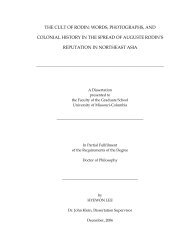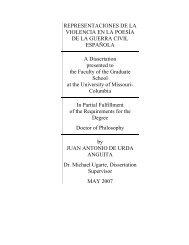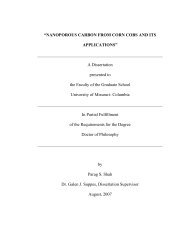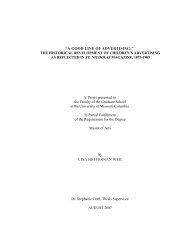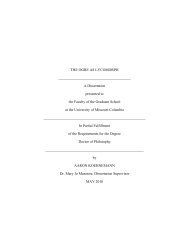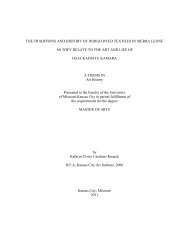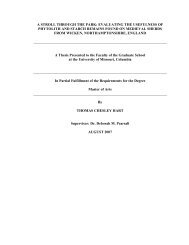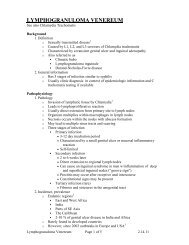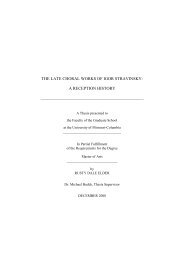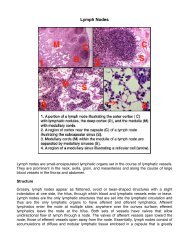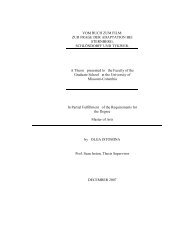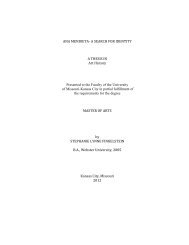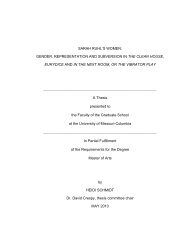Social Construction of Reality - Bad Request
Social Construction of Reality - Bad Request
Social Construction of Reality - Bad Request
You also want an ePaper? Increase the reach of your titles
YUMPU automatically turns print PDFs into web optimized ePapers that Google loves.
CHAPTER FIVE<br />
DISCUSSION WITH CONCLUSIONS AND RECOMMENDATIONS<br />
Introduction<br />
This research study was conducted based upon the problem that The School<br />
District had not yet determined how to implement program evaluations that are routinely<br />
capable <strong>of</strong> maximizing the use <strong>of</strong> stakeholder time, overcoming geographic constraints,<br />
and providing anonymity where necessary while still promoting organizational<br />
knowledge creation. The School District needed a program evaluation model that could<br />
balance organizational knowledge creation with cost effectiveness, efficiency, and<br />
compliance issues. The purpose <strong>of</strong> this study was to conduct a Utilization-Focused<br />
Evaluation (Patton, 1997) <strong>of</strong> The School District’s program evaluation process.<br />
Overview <strong>of</strong> the Study<br />
The superintendent <strong>of</strong> The School District requested a Utilization-Focused<br />
Evaluation (Patton, 1997) <strong>of</strong> the district’s program evaluation process. The<br />
superintendent and her council desired a cost-effective, program evaluation model that is<br />
flexible enough to provide compliance, process, causation, promotional, information<br />
while also promoting organizational knowledge creation. The researcher utilized multiple<br />
data sources, including federal, state, and local documents, archival data, current data, an<br />
electronic survey, and in-depth one-on-one interviews to satisfy the identified purpose <strong>of</strong><br />
the evaluation.<br />
Data analysis took place on multiple levels. Content analysis was performed upon<br />
four discrete sets <strong>of</strong> documents: The No Child Left Behind Act <strong>of</strong> 2001 (NCLB),<br />
Missouri School Improvement Program (MSIP)- Cycle 4, The School District’s board<br />
90



